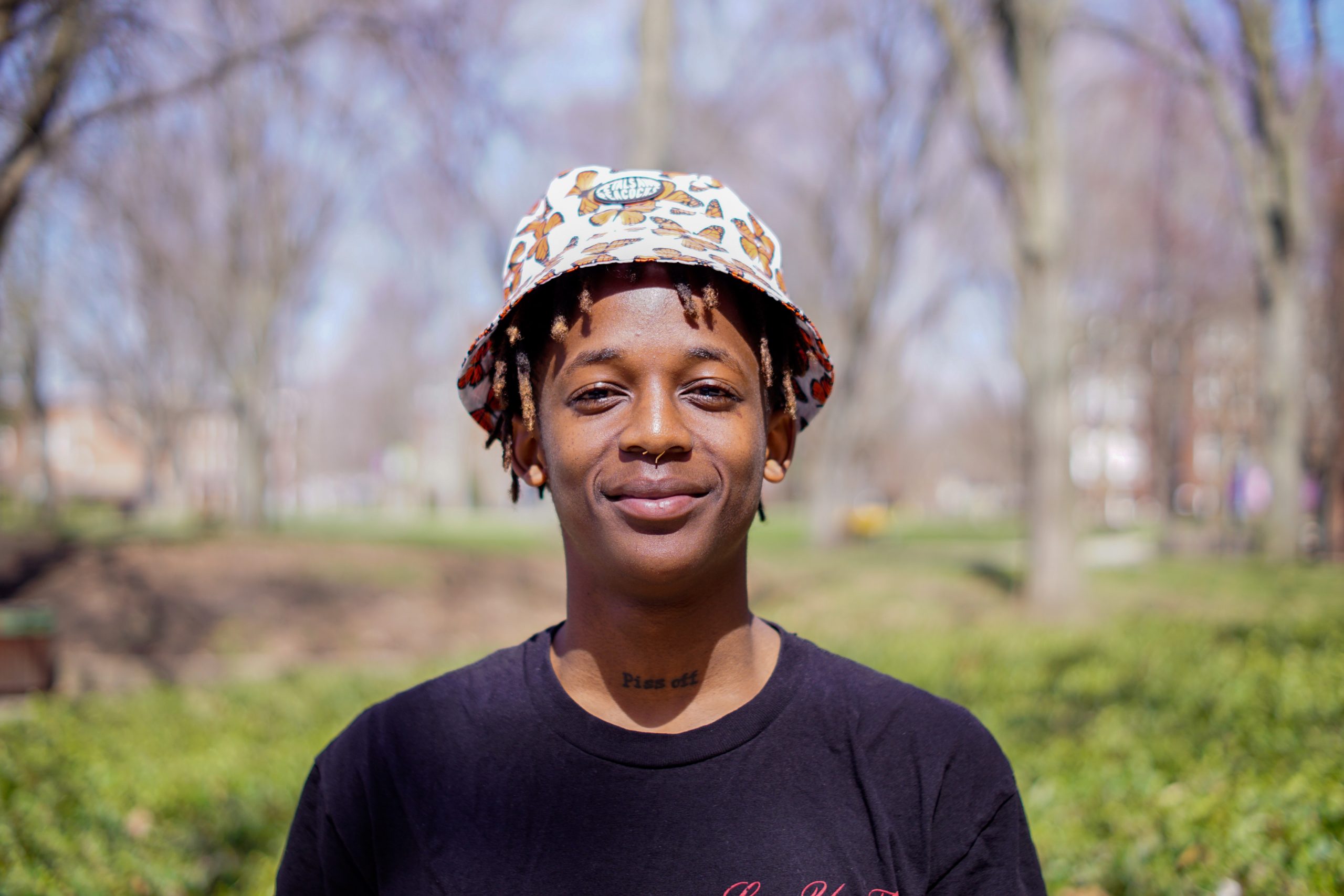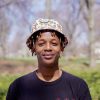Note: This piece references a poem titled “Kuna Ubaya” that Kisila wrote and performed at the International Student Club Coffeehouse.
Playing with words has always been one of my favorite things to do, from English to Swahili to my mother tongue, Kamba, even though I can understand it more than speak it.With English, there is something about it being my second language that excites me. I like to think I can express myself fully using the English language, but after working with a Swahili poem for the past few months, I realized how different it is to express myself using my national language. I can be more thorough with my feelings, more open and more true.
“Kuna Ubaya” is my first ever Swahili poem, and my favorite one out of my chapbook so far. The main theme is discrimination and my perceptions of how Black people in the United States experience discrimination.
When I came to the United States from Kenya in 2019, racism and discrimination were things I had barely heard about. I come from a country where tribalism is the main form of discrimination, because we all share the same skin color.
Where I learned the most about racism was in the world of soccer. From players like Mario Balotelli, who experienced tough racism from his country, Italy, to the many other scenes where fans chanted disgusting comments to Black players, I developed an idea of how bad color discrimination can get.
Racism and discrimination in America was new to me when I arrived in 2019. I started hearing about situations where White police were killing Black people, how the African American population is often viewed negatively by the White folks, and even how movements are emerging to fight this discrimination. The Black Lives Matter movement is one that gained popularity when I arrived, and it is a prime example of the magnitude of the tension between these two groups of people living here.
In my poem, I wanted to tell my people that I feel different from the Black people here. I do not want to experience their pain, and neither do I want them to experience more pain. Even though I view myself as different, I still want to help fight this oppression with as much or as little as I can contribute.
In the poem, I emphasized how I share the same skin color but have a completely different background, a different home and different troubles. The poem also questioned if this perspective is harmful or wrong. I find myself wondering if it’s “right” to feel different from African Americans, if it’s “okay” to feel different.
I grew up with no sense of being less than anyone else. I never viewed anyone as privileged and never felt that I experienced discrimination due to my skin color or ethnicity. This has made it possible for me to be somewhat amazed by the treatment that African Americans receive in this country.
I am a Kenyan man from a country completely disconnected from the life of a Black man in America. But I wonder if it is “right” to view myself as different from the African American population. My poem, “Kuna Ubaya,” asks, “Is there evil? Is there a problem?”




